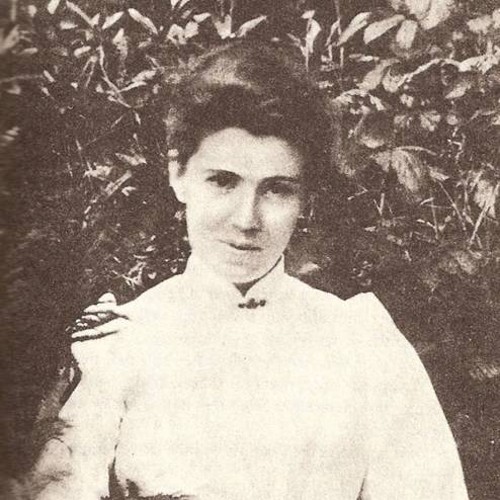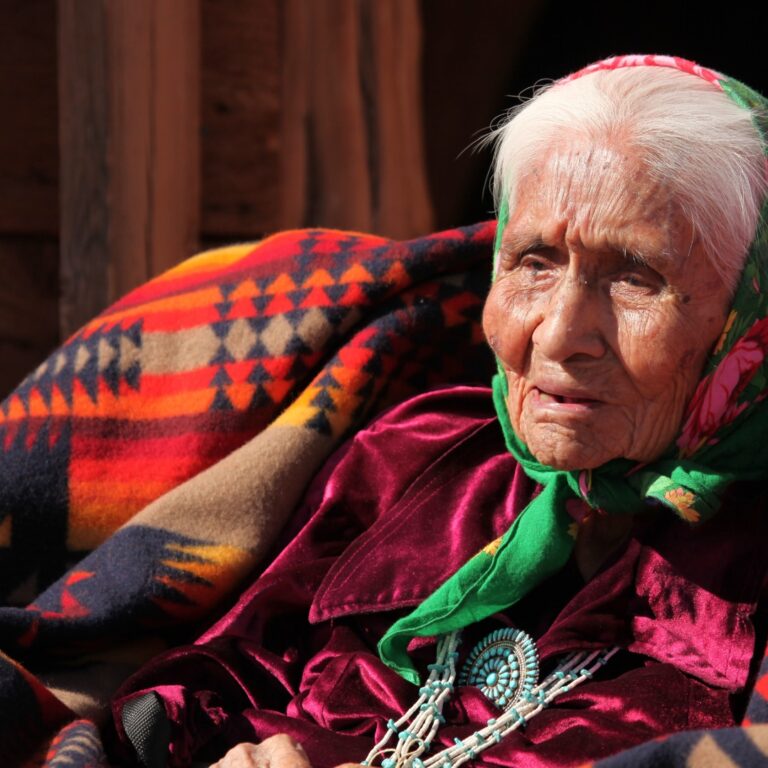The life and missionary work of Amy Carmichael (1867–1951) speaks to our generation with a simple message. She tells us that no matter what setbacks we face, no matter whether we fail to find our missionary call at our first attempt, yet if we press through with the Lord to find His call for us, we will be significantly used by Him. Amy was determined to make a difference. She declared that “the saddest thing one meets is a nominal Christian.”
Amy Carmichael was an Irish Christian missionary to India. She began with an orphanage which became the Dohnavur Fellowship. The work continues to this day, now supporting approximately 500 people on 400 acres with 16 nurseries. A hospital was added in 1912. This foundation, founded by Amy, is now run by Indians.
Amy Carmichael’s work began with girls and young women, some of whom were saved from customs that amounted to forced prostitution. They were poor, lower-caste girls. Amy quickly became aware that some had been forced to become a devadasi, ‘religious prostitutes’, in local temples.
Her work was aimed not just at rescuing these young girls but also to provide a ‘safe place’ for the rescued. The result was a settlement – the Dohnavur Fellowship – which by 1913 was already looking after 130 girls. After the First World War, Amy opened a home for young boys, many of whom had been born to temple prostitutes. Amy’s vision was to create not an orphanage institution but a ‘family’ environment. She herself became universally called ‘Amma’ (or ‘mother’ in Tamil).
This missionary, who served in India for 55 years without taking a furlough, faced a number of challenges that stood in the way of success.
Firstly, though she achieved so much and impacted so many lives, Amy Carmichael was not the ideal missionary candidate. She had ongoing bad health. At the age of 21, Amy had heard Hudson Taylor of the China Inland Mission speak. But barely five-foot-tall and suffering from several ailments (some of which were to plague her permanently), she was ‘understandably’ turned down by the CIM.
Secondly, Amy took time to find her place of service as a missionary. After the initial CIM setback, she tried to work with another missionary society. She travelled to Japan, staying for fifteen months, then caught neuralgia, so she was forced to return home. She also tried to work in China and Sri Lanka. But she pressed on till she found God’s chosen place of service for her - India.
Thirdly, much later in her missionary work in India in 1931, Amy suffered a serious fall. As a result, she remained bed-bound at Dohnavur for the remaining twenty years of her life. But in that time, she wrote thirty-five books. Her writings in this physically restricted period reveal a deeper walk with the Lord, refined by her suffering.
Fourthly, Amy’s work sometimes was not respected in the missionary community. Some felt the evils she battled against were not what their supporters wanted to hear about. But, like the apostle Paul, she did not allow this lack of acceptance to block the work God had called her to do.
There are also positive lessons to learn from the personal and missionary qualities that Amy Carmichael showed:
1. She was profoundly sensitive to cultural issues and she adapted to local culture as much as she could. She dressed in local Indian clothes. She was very wary of uncritically importing Western ideals and habits to replace traditional Indian practices and worked towards an authentic Indian Christianity. She was particularly careful that her criticism of the devadasi temple prostitute system should not be misunderstood as an attack on legitimate Indian traditional values.
2. Amy was focused. Her call was to take care of orphans and, for fifty years, that’s exactly what she did. She chose to plough deep rather than wide. She did not let anything distract her from God’s call.
3. She told it like it was. The first book Amy wrote from India in 1905 was titled Things As They Are, in which she spoke with honesty about the state of affairs in southern India. Amy also challenged some of her fellow Christians that they were ‘playing at mission’.
4. Fourthly, she chose not to be seen as the “missionary heroine”. Amy asked that no gravestone be erected to her, and all that exists over her grave is a bird-bath inscribed with a single word ‘Amma’ (mother).
When a woman wrote asking, “What is missionary life like?” Amy replied,
“Missionary life is simply a chance to die.”
“Missionary life is simply a chance to die.”
What a powerful mission statement from this single woman with poor health and a false start - yet made such a difference to so many lives in India. Are we willing ‘to die’ in order to bring honour to God and new life to others?
Significant Source: Heroes of the Faith blog by Canon J John
Other quotes from UCB's Word for Today











Thanks Christine. As a young believer, I was greatly challenged by the life of Amy Carmichael. She certainly made sure that missionary candidates knew that life was not going to be a bed of roses! There is a real cost, and we soon learnt that dying to self was to be an ongoing process. However, there are great rewards for those who remain faithful to God's calling.
yes..this is such an amazing testimony how the Lord uses people who put their hand up and say Use me Lord.